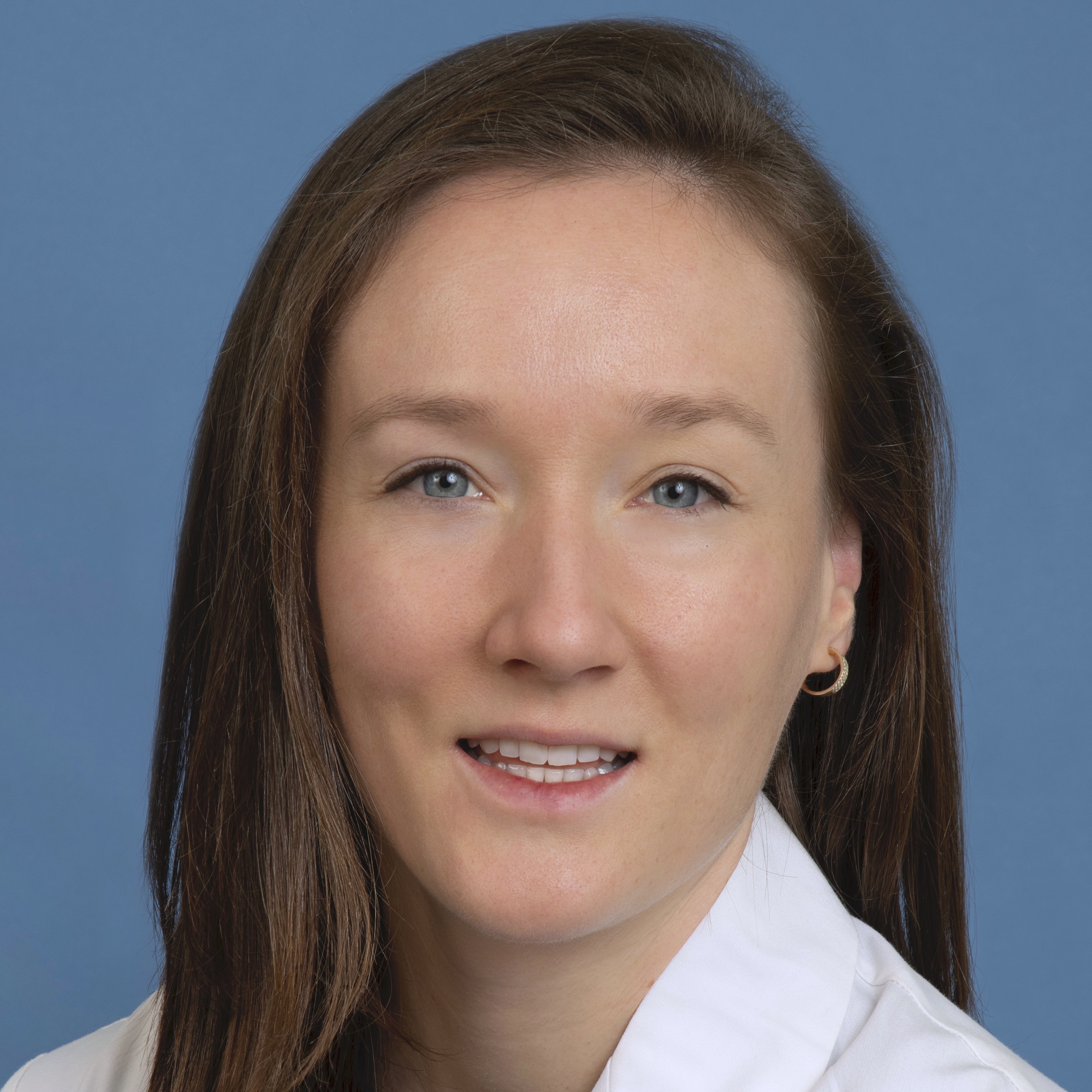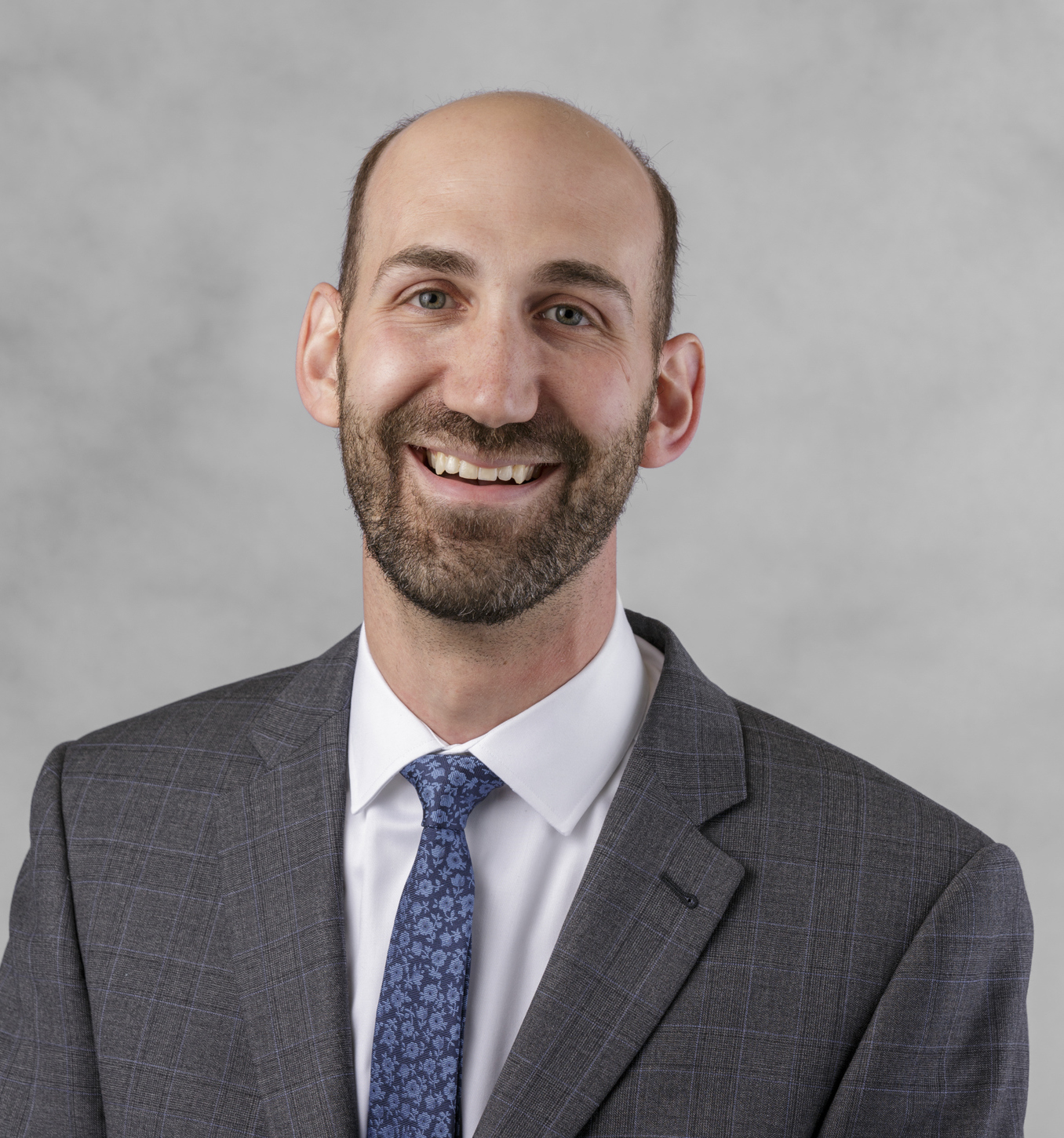"Meet the Expert": A conversation with Dr. Adam Mikolajczyk
On Sunday June 5th, LFN hosted it's first "Meet the Expert" session. These sessions are facilitated through our Workroom platform and loosely modeled after Reddit's "Ask Me Anything" threads.
We invite a faculty member to join our Slack channel for a 1-hour session, during which LFN fellows have dedicated access to ask questions pertinent to a chosen topic or to that faculty member's area of expertise.
In this session, Dr. Mikolajczyk provided valuable advice and insight on how to build a career in medical education and other questions related to career development. See below for a summary of what was discussed!
Adam Mikolajczyk
Can you start off my telling us a bit about your medical education training & what led you to your current career?
Of course, happy to! I did a medical education fellowship during my chief residency year that taught me not only how to systematically create curricula but also how to study the interventions being created in a methodologically rigorous fashion. This year was very formative because not only did it reaffirm my passion for teaching, but it also showed me that I did not have to compromise my passion for research as an educator.
I strongly encourage those interested in a career in medical education to seek out some form of advanced training, whether it be a certificate course, a track, or a masters. When applying for jobs, this was a skillset that was very marketable- I think because historically the pathway of an educator is not the most common one within GI and Hepatology- so to declare this interest and have training to back it up can be very valuable to an institution.
What advice do you have for trainees who are interested in medical education, especially for those who have not done any formal advanced training in medical education?
First and foremost: be true to who you are! Do not be afraid to chase after what you love. I received lots of pessimism along the way that I could be an educator in GI- I was told by some that it was just a side-hobby and that I still need to have clinical research to rely upon for promotion purposes, institutional value, and protected time. I could not disagree with this advice more as I have begun to walk the path!
Next, be prepared to find mentorship outside of GI and hepatology. Most of my medical education mentors have been in internal medicine or other specialties.
Also, use resources like Liver Fellow Network’s the Workroom to collaborate with people at other institutions. The community of educators is smaller but growing and I have found a lot of productivity to be generated by working with other like-minded faculty at other institutions.
Once you have done these, it is time to think of ways to build your skills as an educator. Practice teaching constantly and always elicit feedback. If you do not know where to start, please reach out, I have tons of resources on how to teach effectively in the chaotic clinical environment. Your commitment to education will quickly be recognized.
As you do this, then you will identify areas of the residency or fellowship that could be improved upon. With mentors and collaborators, you can develop a new way to teach something and then analyze it. Consider Med-Ed portal for preexisting resources. Consider AGA Academy of Educators for funding.
For trainees interested in medical education research but who don't have resources at their institutions and/or mentors how should they go about getting mentorship?
Mentorship programs through societies (e.g. American Society of Transplantation) could be very helpful. Always feel free to start with me and I could put you into contact with others. Look into joining the AGA Academy of Educators as well. Look into being a Trainee member of the committees for a society that have education involved - each of them have several. And it does not need to be medical education focused. I am the chair of a Community Education Committee for the AST, so there are other areas of focus with education involved too.
When interviewing for jobs, do you have any advice on the best way to position yourself for a med Ed role?
Great question. I have found declaring this upfront has been helpful. But declaring it is not enough because lots of people say "I want to see patients, teach, and research." So start to back up the interest very early on- Ask to meet with resident and fellowship program director on your interview day, the DIO with GME, the Dean of the Medical School. Inquire about available core faculty positions or positions within the recruitment that come with small amounts of protected time that may be available. If you accept a job, go back to start meeting with the people involved in education even before your start so that they know you are genuinely serious and then when you are there (you are not starting so behind more established people when teaching opportunities become available).
You mentioned the AGA Academy of Educators and alluded to some educational committees at AST. Are there specific ways that trainees interested in Med Ed can get involved in education focused groups within our national societies? I imagine this is a great way of finding those mentors outside of your home institution.
Yes, I would apply to committees in the AASLD like the trainee and workforce committee, the membership and mentorship committee, or the Fundamental of Liver Disease committee. The AST LICOP has an education subcommittee, which is great way to get involved with annual planning for programming at American Transplant Conference and research projects that span multiple institutions. ACG and AGA have training committees. ACG has the Education Universe Project that trainees could become involved with. And do not forget the AASLD Special Interest Groups (SIGs), which create lots of programming. Planning national programming is a great educational project to assist with.
Also, I forgot to mention, do not forget other opportunities in other societies like the American College of Physicians (ACP), Association of American Medical Colleges (AAMC), etc. They are always looking for subspecialty focused individuals too.
What does your typical week look like?
My typical non-inpatient week is General Hepatology Clinic on Mondays and Wednesdays, Residency (I am associate program director of the internal medicine resident program) and Deptartment of Medicine Meetings on Tuesday afternoons, Transplant clinic Thursday AM and endoscopy on Thursday PM, and multidisciplinary meetings on Friday AM. Friday PM is usually meetings for societies and mentorship of trainees and curricula we are working on.
Slightly different question - you are (or were) on the editorial board for Hepatology Communications, correct? Curious to know how that came about and if it in any way aligns with your interest in medical education, or if it's a separate pursuit?
Awesome question! Yes, my interest in medical education is what led to this opportunity. Dr. Szabo was looking for a trainee/early career person with an interest in education to focus on how to deliver the content of the journal in new and novel ways to our audience. Through this position, we created and rolled out the implementation of social media for the journal, the visual abstract program, and our editorial fellowship program, etc. I tried to always approach it more from the vantage point of an educator as this is what I was charged with.
This leads to the point that medical publications are another awesome opportunity for those focused on education. Some journals have sections devoted to this or fellowships that could promote better understanding of the education process. I chose to take the Associate Editor position because I know it would challenge me in unique ways as an educator- how to convey traditional journal topics in new ways.

